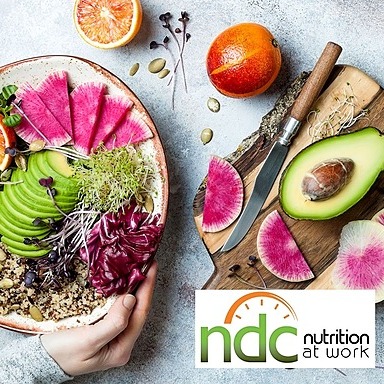Are you familiar with the term microbiome? It’s one that encompasses the trillions of microbes, including bacteria, that live in our bodies. A healthy balance of bacteria in your gut not only plays a role in decreasing the risk for an assortment of chronic illnesses, such as diabetes and heart disease, it can even affect your mental health.
It’s also key for defending against disease by maintaining a well-functioning immune system as 80 per cent of your immune system is found in your gut.
Considering how important a healthy immune system is in fighting off illnesses, such as the Covid-19, now is the time to give your microbiome some serious attention.
Think of microbiome as your body’s ecosystem. When harmful ones predominate over beneficial bacteria, illnesses such as inflammatory bowel disease, irritable bowel syndrome and even constipation may result.
Certain strains of bacteria also stimulate various cells in the immune system to
fight off a wide range of infections including viruses and some bacteria responsible for foodborne illness.
What you put on your plate plays a major role in the kinds of bacteria found in your gut. While antibiotics are used to kill harmful bacteria, they also kill beneficial varieties. Probiotics, on the other hand, introduce healthy strains into your body through various foods or supplements.
But if anyone tells you it’s a simple matter and consider just popping a probiotic supplement, tune them out. For one, not all supplements are created equal in that both the strain of bacteria included and whether the product delivers live bacteria are important factors. So, check for reliable products.
There are many food options to consider as well. Fermented products, such as yogurt, kefir, miso, sauerkraut and assorted pickles, can all be super sources of probiotics. When choosing fermented dairy products, be sure to check the Best Before date to reap the bacterial benefit. For other fermented options, such as miso and sauerkraut, choose those in the refrigerator section of the supermarket as
those that are on the store shelf have been pasteurized, a process which kills the bacteria.
Another option is to make your own fermented foods using produce like cabbage, carrots, onions and even lemons (the delicious preserved lemons that are used in North African cuisine). Look for the many websites that offer simple instructions for fermenting foods in your own kitchen.
Now once you’ve invited these bacteria to live in your gut, you want to be a good host
and feed them well. That’s where prebiotics come in. These are foods containing specific carbohydrates resistant to human digestion and stimulate the growth of healthy bacteria. Simply out, prebiotics are the fare choice for healthy bacteria to flourish.
High fibre foods tend to be loaded with these indigestible carbs so if you’re eating an assortment of whole plant foods, as opposed to processed foods, you’ll likely be consuming lots of prebiotics. Go
for whole grains over refined and eat plenty of fruits and vegetables including prebiotic-rich varieties like bananas, berries, dark leafy greens, such as chicory and spinach, along with artichokes and asparagus. In addition, enjoy pulses (dried beans and peas) and season your food with garlic, and onions which are members of the allium family.
Keep in mind that when you make these kinds of changes to your diet, start slowly so that your digestive system has time to adapt. Your microbiome will thank you!
https://www.ndc-nutritionatwork.com/shop?utm_source=Avail&utm_medium=web&utm_campaign=BHBH)














